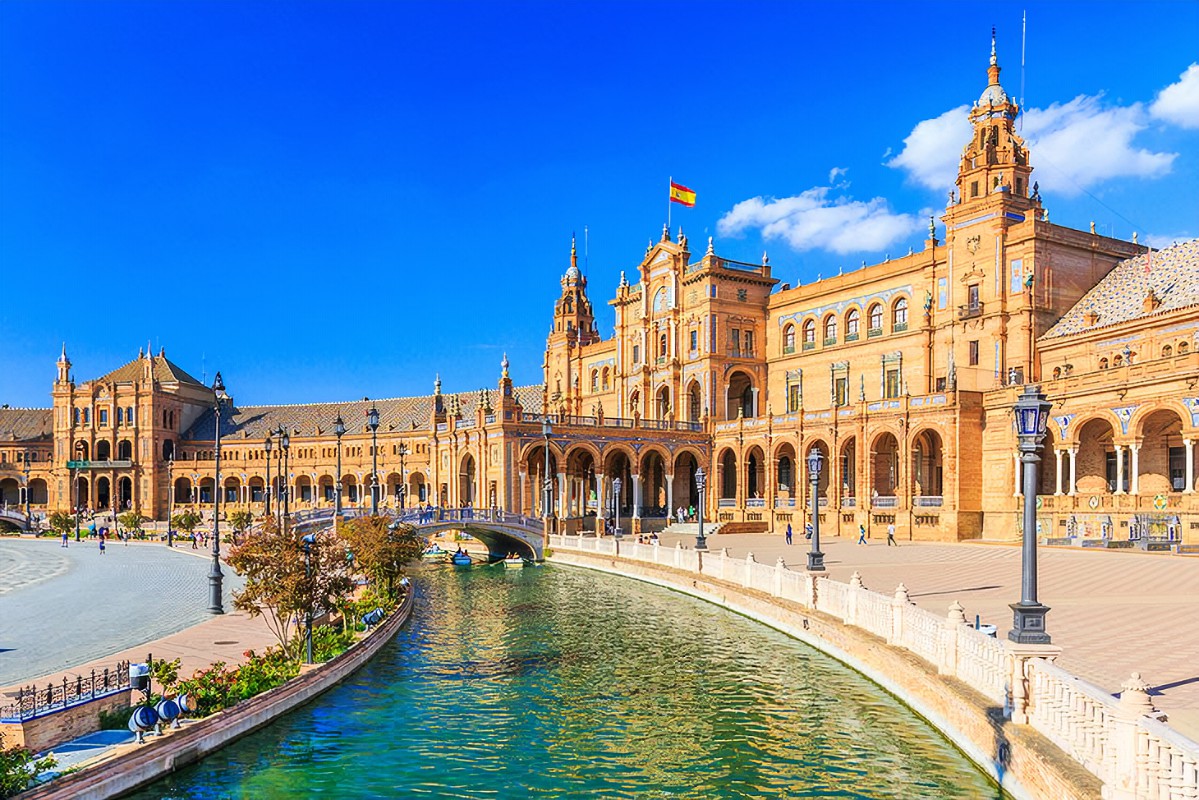Greece, a country known for its rich history, stunning landscapes, and warm Mediterranean climate, has long been a top destination for travelers. From the ancient ruins of Athens to the idyllic islands of the Aegean Sea, Greece offers a diverse array of experiences that cater to all types of travelers. In recent years, however, Greece has also become a leader in sustainable tourism, with more destinations focusing on preserving the environment, supporting local communities, and promoting responsible travel. Whether you’re exploring ancient archaeological sites, relaxing on pristine beaches, or savoring authentic Greek cuisine, Greece is embracing modern trends in travel while still celebrating its ancient heritage.
Sustainable Travel in Greece: Preserving Heritage and Nature
Sustainability has become a priority in Greece, particularly in the tourism sector, which plays a significant role in the country’s economy. Many destinations are focusing on eco-friendly practices, from reducing carbon footprints to protecting natural habitats and cultural sites. Greek islands such as Santorini and Mykonos, popular for their stunning landscapes and pristine beaches, are making strides in sustainable tourism, aiming to reduce the environmental impact of mass tourism.
One initiative is the promotion of green energy solutions, with many hotels and resorts investing in solar panels and eco-friendly waste management systems. The government has also encouraged the development of eco-friendly accommodations and transportation options, such as electric car rentals and sustainable boat tours. The goal is to provide travelers with the opportunity to enjoy Greece’s beauty while minimizing their ecological footprint.
In addition, many Greek islands, such as Paros and Naxos, are embracing the concept of “slow tourism.” This type of travel encourages visitors to take their time, explore lesser-known areas, and focus on experiencing the local culture and environment rather than rushing through the major tourist hotspots. By staying in locally-owned accommodations, shopping at farmers’ markets, and participating in traditional activities, travelers can help support the local economy and protect the island’s unique heritage.
Greek Cuisine: A Delicious Journey of Local, Seasonal Flavors
Greece’s culinary scene is another area where sustainability and authenticity shine. Greek cuisine, renowned for its fresh, local ingredients and Mediterranean flavors, has been attracting food lovers from around the world. The farm-to-table movement is growing in Greece, with many restaurants and food producers focusing on using seasonal, locally sourced ingredients. From the olive groves of Crete to the vineyards of the Peloponnese, travelers can taste the true flavors of Greece in a way that supports local farmers and producers.
In addition to the traditional Mediterranean diet, which emphasizes fresh vegetables, olive oil, seafood, and grains, Greek cuisine offers opportunities to explore unique regional specialties. On the island of Naxos, for example, visitors can enjoy the famous Naxian potatoes and local cheeses, while in the Peloponnese, travelers can savor pomegranate-based dishes and wines from the region’s ancient vineyards.
For those looking to experience Greek food on a deeper level, cooking classes and food tours are becoming increasingly popular. These experiences allow travelers to not only learn how to prepare traditional Greek dishes but also to connect with local chefs and farmers who share their knowledge of sustainable food practices. Many cooking schools focus on teaching visitors how to create meals using fresh, local ingredients, ensuring that sustainability is at the heart of the culinary journey.
Cultural Immersion: Exploring Greece’s Ancient Heritage
Greece’s cultural heritage is one of its biggest draws, and travelers seeking to immerse themselves in the country’s rich history can visit some of the most famous archaeological sites in the world. From the Acropolis in Athens to the Temple of Apollo at Delphi, Greece offers an unparalleled opportunity to connect with the ancient world.
Beyond the well-known historical sites, Greece’s smaller towns and villages also provide a rich cultural experience. In places like Meteora, with its stunning rock formations and monasteries, or the charming town of Nafplio, travelers can experience a more intimate side of Greek history. These towns often have local museums, artisan workshops, and festivals that provide deeper insights into Greece’s past and present.
In recent years, there has been a growing trend toward immersive cultural experiences, where travelers can engage with local traditions and communities. This can include learning traditional Greek music and dance, participating in local festivals, or visiting artisan workshops to see how traditional crafts like pottery and weaving are made. By connecting with locals in these ways, travelers not only gain a greater appreciation for Greek culture but also contribute to preserving these ancient traditions.
Wellness Tourism: Recharging in Greece’s Natural Beauty
Greece’s natural beauty has long been a source of relaxation and rejuvenation, and wellness tourism is gaining popularity as travelers seek to escape the stresses of modern life. The country’s stunning landscapes, from the serene beaches of the Ionian Islands to the rugged mountains of Crete, provide the perfect backdrop for relaxation and wellness retreats.
The rise of wellness tourism in Greece has led to the development of luxurious spa resorts, yoga retreats, and holistic wellness centers that offer a range of services aimed at restoring physical and mental well-being. Many of these retreats are located in tranquil, scenic locations, allowing guests to unwind and reconnect with nature. In places like Mykonos and Santorini, wellness resorts offer yoga classes, meditation sessions, and spa treatments using locally sourced products such as olive oil, honey, and herbs.
In addition to dedicated wellness retreats, the practice of “forest bathing” (shinrin-yoku), which involves immersing oneself in nature for mental health benefits, is also becoming more popular in Greece’s lush forests and national parks. Hiking through the countryside or along the coastal cliffs is an excellent way to engage in mindful travel and enjoy the therapeutic effects of Greece’s natural surroundings.
Greek Islands: A New Wave of Sustainable and Authentic Travel
The Greek islands have always been a favorite among travelers, and many islands are now embracing sustainable travel practices to protect their unique beauty. While islands like Santorini and Mykonos remain popular destinations, lesser-known islands such as Tinos, Folegandros, and Amorgos are becoming rising stars in the travel world due to their commitment to preserving local traditions and minimizing the impact of tourism.
For example, the island of Tinos, known for its beautiful beaches and historical significance, has prioritized sustainable tourism by reducing waste, conserving water, and promoting eco-friendly transportation options. Visitors to Tinos can also experience the island’s vibrant arts and crafts scene, with many local artisans creating handmade products such as marble sculptures, textiles, and pottery.
Similarly, the island of Amorgos, featured in the famous film The Big Blue, has embraced responsible tourism by limiting development and focusing on the preservation of its natural and cultural heritage. Visitors to Amorgos can enjoy hiking trails, crystal-clear waters, and visits to ancient monasteries, all while supporting sustainable businesses and local communities.
Conclusion: Greece’s Commitment to Responsible and Meaningful Travel
As travelers increasingly seek to experience destinations in a more sustainable and authentic way, Greece is leading the charge in offering eco-conscious travel experiences that still highlight the country’s incredible beauty, rich history, and vibrant culture. From ancient ruins to pristine beaches, from sustainable food tours to wellness retreats, Greece is embracing the travel trends of the future while staying true to its timeless traditions. Whether you’re exploring its world-famous archaeological sites, relaxing in a wellness retreat, or enjoying a traditional Greek meal, Greece offers an unforgettable journey that allows travelers to connect deeply with its history, culture, and environment. For those seeking a meaningful travel experience, Greece remains a destination that continues to evolve while staying rooted in its ancient heritage.






